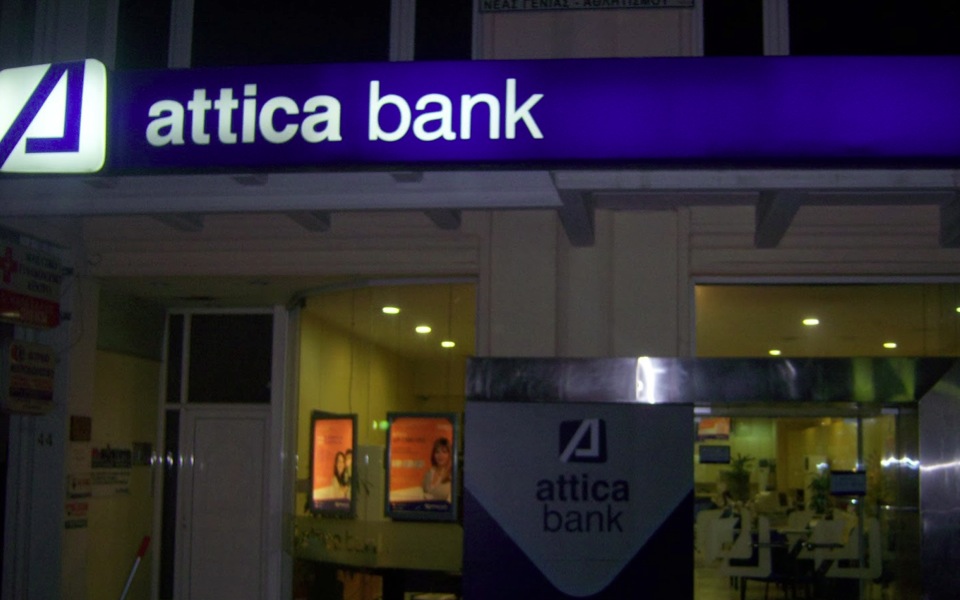Scandalous findings at Attica Bank

The inspection of Attica Bank that the Bank of Greece conducted jointly with the European Central Bank’s Single Supervisory Mechanism has led to some exceptionally serious findings that in the coming days will be submitted to the prosecuting authorities to establish the accountability of the lender’s former managers.
Sources say that at Attica, Greece’s fifth-largest bank, the monitoring authorities found that loans had been issued without any adherence to any banking criterion, and that loans had been made to enterprises involved in doubtful business activities and overindebted corporations, loans had been issued with unjustifiably low interest rates etc.
Furthermore, Kathimerini understands that Attica officials have ignored the recommendation by the BoG inspectors against issuing any loans in excess of 100,000 euros without informing the central bank. Yet Attica continued to disburse loans of high amounts to controversial companies, in violation of the BoG orders.
The monitoring conducted by the SSM and the BoG has identified a multitude of malfunctions in administration, in the operation of internal governance, in its business model, in the share capital increase, in the procedures related to the credit risk, and in the bank’s information technology systems.
All this brought the bank one step from having a commissioner installed, which would have a dramatic effect on its shareholders.
A major crisis for the bank was eventually averted on Friday as the Finance Ministry and the central bank agreed on the appointment of Panayiotis Roumeliotis as the non-executive chairman of Attica, while the running of the lender will be handed over to experienced Theodoros Pantalakis, the new chief executive officer, who was the central bank’s proposal. Had he not been appointed as CEO, the BoG would have installed him as a commissioner.
Attica’s new administration will have to streamline the lender, tackle the problem of nonperforming loans (that amount to 60 percent of the bank’s portfolio), and the coverage of the 70 million euros that was not covered during the recent share capital increase.





